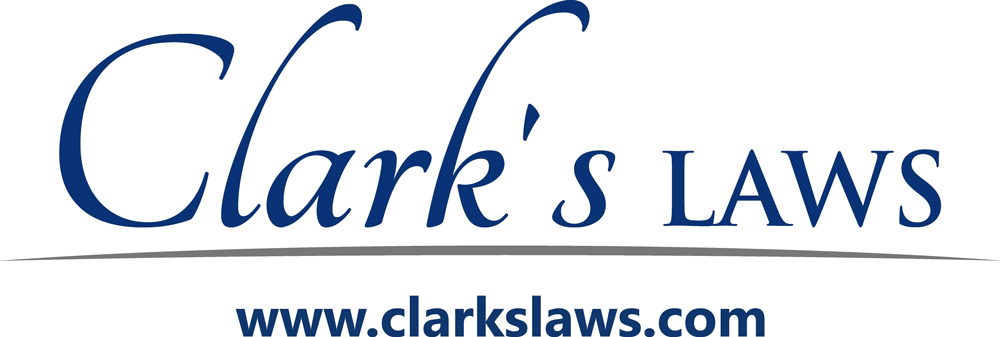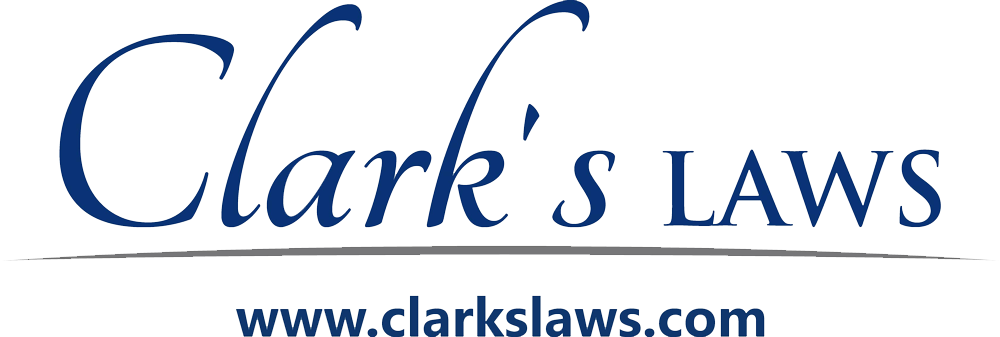
Setting Up an IRA LLC
If you’re thinking of using your retirement funds to help fund your real estate investing, it won’t be long before you come across the concept of a self-directed IRA LLC.
What is an IRA LLC?
Completing a real estate transaction with a self-directed IRA can be a slow and cumbersome process. Since an IRA is a tax-deferred vehicle, governed by the Internal Revenue Code (the “IRC”), your IRA custodian and you need to use extreme caution to avoid tripping the penalty provisions of the IRC. These penalties could have tax consequences that can wipe out a good portion of your retirement savings. For that reason, funding a transaction with a self-directed IRA often turns into a gauntlet of documentation that needs to be cleared well in advance by your IRA custodian and signed by parties to the deal you may not meet until the closing. Add a time sensitive, foreclosure or REO transaction, that needs to close within days and self-directed IRA investors often find themselves frustrated and unable to get it done.
A Practical Option for Funding Real Estate Transactions Quickly
There are major benefits to accessing funds through an IRA LLC, which may also be referred to as a Checkbook IRA. It allows real estate investors to eliminate the time-consuming documentation and dealings with the IRA custodian before funding the deal. In other words, accessing the IRA funds becomes as simple as writing a check (i.e. checkbook control). In real estate, where the best deals go to those who can act quickly, the IRA LLC is often the only way to go. This is especially true for purchasing commercial buildings, which are typically in high demand.
Why are IRA LLCs Complicated?
Setting up an IRA LLC is way more involved and costly than a traditional LLC for a few reasons. First, the owner of the LLC is your IRA account – not you. Second, the Operating Agreement must be strategically written with the permissible activities of the LLC in compliance with IRC regulations. This ensures that you will not take part in any “prohibited transactions”– which we advise clients about avoiding. The third phase of this process is corresponding with your IRA custodian. They will have a laundry list of requirements, forms and documentation to complete before funding the new limited liability company.
This process can seem like a hassle. But, it’s well worth it. You’ll have a ready source of funds for real estate deals that you can access simply by writing a check. This means you have more opportunities to find unique deals. And, down the line, you’ll have a consistent cash flow from your properties.
The Drawback to IRA LLCs
In theory, setting up an IRA LLC should be a no-brainer. But, there is an unfortunate downside.
The IRS has not explicitly ruled on the legality of IRA LLC’s. Because of the advantages, there are proponents of the IRA LLC. These advocates argue that the regulations are similar to those that govern IRAs. Others, however, argue that until the IRS explicitly rules, we simply don’t know for sure. The use of IRA LLC’s is small enough that it really hasn’t garnered the attention of the IRS yet.
Find an Attorney to Help Guide You Through the Process
If you’re willing to assume this risk and want to set up an IRA LLC, then you need knowledgeable assistance. An IRA custodian who is comfortable with this structure and a qualified attorney will go a long way. Jim Clark has years of experience in all facets of the real estate industry, and can serve as a guide. With a detailed understanding of the prohibited transaction rules and other applicable regulations, he will keep your IRA LLC compliant with the IRC. If you have any questions, feel free to call or email about scheduling a brief introductory call. We can help you to determine if this structure might be the right way for you.

